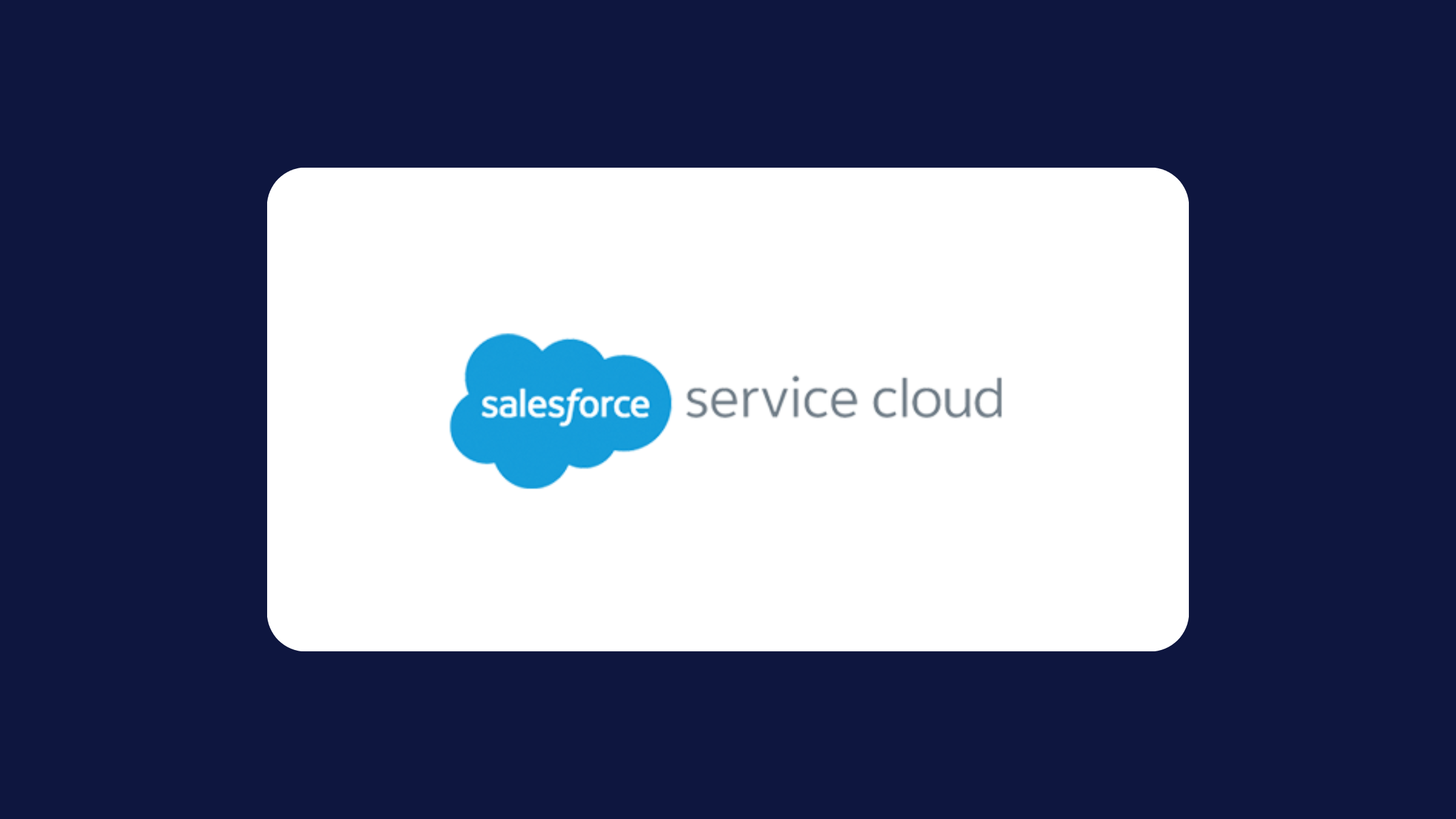Salesforce Service Cloud: A prime target for cybercrime
Salesforce Service Cloud’s treasure trove of customer data and interaction makes it a prime target for cybercriminals. They’re drawn not only to the sheer volume of data but also the potential access it offers to a company’s broader IT ecosystem. Everyday files and URLs in Service Cloud can harbor hidden threats, including malware and phishing attacks, often inserted by attackers posing as customers or partners. These threats are hard to spot by service agents and specialists, making the platform vulnerable.
Understanding Salesforce cyber risks
Securing Salesforce platforms against cyber threats is a delicate balance between enhancing security and fostering new use cases. While Salesforce’s infrastructure is secure, it doesn’t scan uploaded or downloaded files for viruses. This gap exposes the platform to risks from malicious files and URLs, including potential phishing links.
User types and their risks
In Salesforce Service Cloud, different user types can upload content, posing various risks:
- Internal Users:
- Case management involves attaching files and adding URLs for additional case information.
- Email-to-Case features automatically attach files and URLs from customer emails to cases.
- Chatter allows sharing files and URLs relevant to cases or discussions.
- Knowledge base authors upload instructional files and include links in articles.
- External Users:
- Community portals enable file and URL uploads for discussions and case submissions.
- Custom web-to-case forms allow file attachments and URL inclusions.
- Public forms and surveys let users upload files and submit URLs, potentially bringing in risks.
- API Integrations:
- Files and URLs can be uploaded via APIs, common in integrations with external systems.
Concrete scenarios in Service Cloud
Real-world everyday scenarios in Service Cloud open pathways for cybercriminals. For instance, a customer emailing a detailed PDF and screenshots via Email-to-Case or uploading files through a custom Web-to-Case form can inadvertently introduce cyber threats.
The need for robust protection
Neglecting cybersecurity in Service Cloud can lead to serious repercussions, including data breaches, operational disruptions, non-compliance with data regulations, and loss of customer trust. The responsibility often lies with those who lack cybersecurity expertise and face complex Salesforce implementations.
WithSecure Cloud Protection for Salesforce – real-time defence
WithSecure Cloud Protection offers real-time scanning and protection against threats in files and URLs within Service Cloud. This Salesforce-integrated solution scans emails upon receipt and re-scans files and URLs during user interactions, offering comprehensive protection. It seamlessly integrates with Salesforce, ensuring no impact on customizations or user experience. WithSecure™ is a Salesforce security reviewed solution, meeting ISO 2700 and SOC 2 Type 2 standards.
WithSecure Cloud Protection extends its defensive measures beyond Service Cloud to Experience and Sales Clouds, offering a unified security approach across the Salesforce ecosystem. It’s a preventive tool against cyber risks, ensuring uninterrupted operations and safeguarding customer data.
Prevention is key in managing cyber risks
Don’t wait for a breach or a security incident to realize the importance of cybersecurity in your Salesforce environment. Learn more about WithSecure Cloud Protection and how it can fortify your defenses. Schedule a demo to explore how WithSecure can enhance your Salesforce security posture.
BOOK A DEMO
Secure your Salesforce today
Tailored for high compliance sectors, our certified solution safeguards Salesforce clouds for global enterprises, including finance, healthcare, and the public sector.
Fill the form and get:
Free 15-day trial
Personalized Salesforce security risk assessment report
Demo and a solution consultation
Support from our experts with setup and configurations
